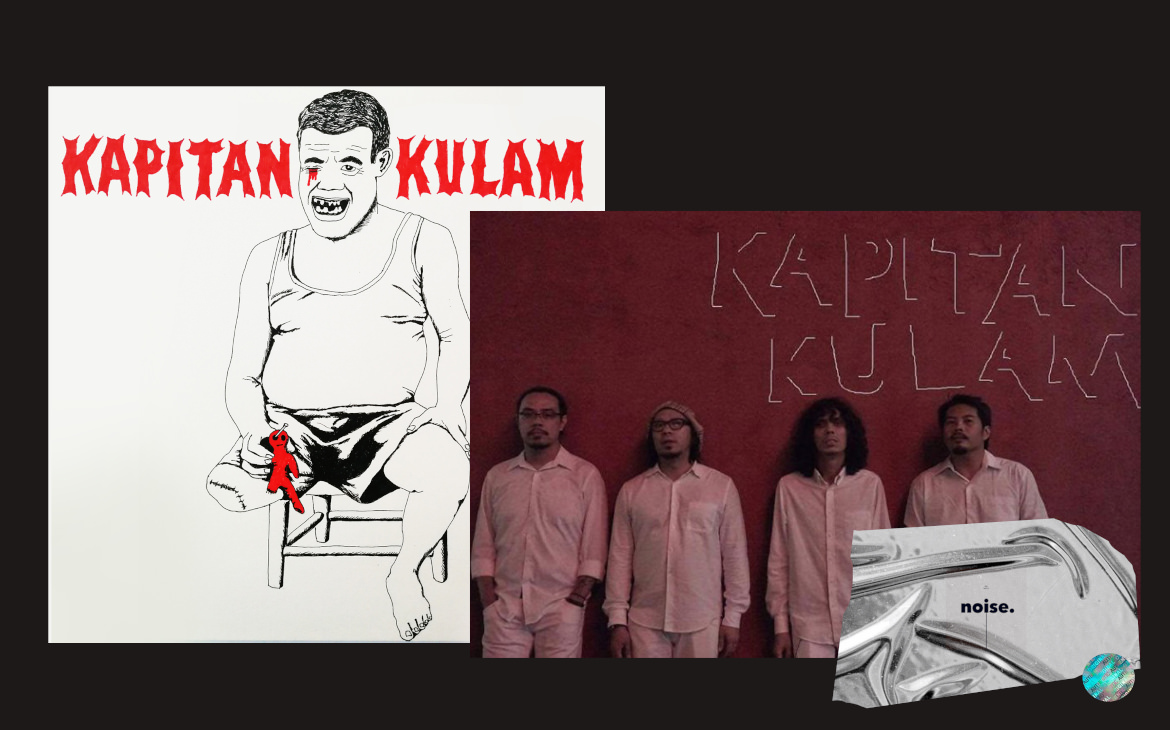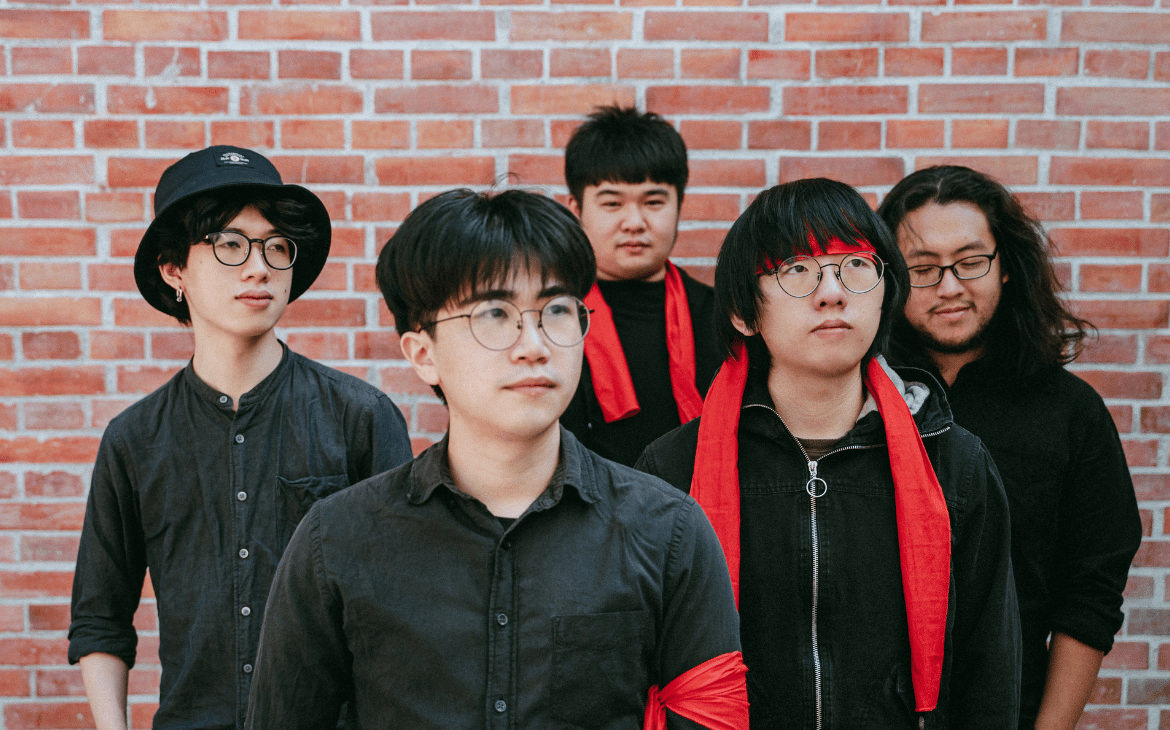Words by Aldus Santos
Photos courtesy of Mikey Amistoso
It finally happened: Mikey Amistoso has turned 40. That’s like a portent of sorts, of how even long-standing fixtures can still get nudged a bit. “Life begins” and all that, indeed.
Take his music, for instance, which for the better part of two decades has been tied to the youthful abandon of Ciudad. Now, as Hannah + Gabi (by no means a new thing), he’s exploring other colors in the wheel. More subdued ones, more melancholy ones. But not desolate and dejected, as others in his ballpark creative space are wont to be.
“Hannah + Gabi is always there for my quieter, more emotional, more personal, and more reflective songs. Ciudad is always there for the fun, quirky songs. Sometimes they overlap, but [this is true] most of the time,” he says. These qualities were already present in 2010’s Haha Yes, which already sounded 40 then, almost like a decade-early dry run for it. The majestic Years Gone from 2015, too.
But also, Hannah + Gabi’s sweep of the emotional spectrum, I feel, is no accident. And by that I mean, though the tunes start with some unknowable, unnamable crisis, by song’s end that crisis is somehow averted with a sliver of optimism.
And you know what? Often, that sorry sliver is enough.
“Yes, there is beauty in sadness, but I don’t like to dwell in the sadness. I always want to give the bigger message of hope, or the light at the end of the tunnel,” Mikey tells me.
“Winter,” the first of his two new singles under Island Records Philippines—his friend, the musician Kate Torralba, calls them “twingles”—has it, too. Lyrically, it’s all earth tones this and prayer-to-nature that, but is really an embattled-creator portrait disguised as harmless platitude. In it, he’s not so much lazily watching the seasons change but bemoaning his powerlessness at the unpredictability of it all.
“[The reason I called it ‘Winter’ is because] it felt like I was in a winter phase, you know—with the trees not having leaves, everything being cold and dry—and I was looking forward to the springs and summers and autumns that will be coming.”
That tune’s sister, “Thoughts They Disappear”—which features a guest appearance by the sorely missed Selena Davis (Ang Bandang Shirley, Slow Hello)—is weighed down by a similar dilemma. And by the way, I’m calling it a “dilemma” with a knowing nod and a shared hesitation as a fellow maker. Because while I know that a creative slump is no earth-shattering catastrophe, the very challenge of this problem is that no amount of hard work, say—or learning from precedents, or leafing through instructional manuals—can address it.
“What if this is it? What if I won’t be able to write anymore?” Mikey asks through these songs, and the table read, if I may hazard a parallel, isn’t limited to just his singing but also his bare-but-inspired instrumentation, which is really the same sort of spirit masterworks like Either/Or or XO is ferried through.
Yes, there is beauty in sadness, but I don’t like to dwell in the sadness. I always want to give the bigger message of hope, or the light at the end of the tunnel.
Amistoso, in fact, has been compared a handful of times to the late author of the aforementioned opuses: Elliott Smith. My favorite related story, incidentally, involves a van ride with The Lemonheads’ Evan Dando (I was, together with my friend Jason Caballa, on road-manager duty when his band was in Manila). Mikey shyly thrust a copy of Haha Yes to Dando as the latter was leaving post-soundcheck. The Boston-bred alt-rock legend graciously accepted the disc, visibly flattered.
The Lemonheads track “Hannah & Gabi” from the amazing It’s a Shame About Ray was, of course, where Mikey got his mathematically incongruous name. Dando immediately popped the CD into the van’s player and proceeded to annotate each and every track off the H + G debut, mumbling more than once, “He sounds like Elliott.”
The parallels end at the sonics, however, because Amistoso by his own admission is “a steady, happy guy with a chill life.” But the majesty of a well-fleshed-out sob story cut on disc—including sprawling works of profound sorrow like Sufjan Stevens’ Carrie & Lowell—is not lost on him. “I like them better than cheery, happy songs. ‘Yung tipong, you’re close to tears, pero you’re also smiling and reveling at the beauty at the same time,” he reiterates.
I wouldn’t call these two the pinnacle of H + G songwriting, but they’re both crafted from a place that’s simultaneously spiritual and practical. Spiritual in that they’re “prayers of surrender” to God—accompanied by the acceptance that “Whether I get my mojo back or not, everything will be fine”—and practical in that they come at a time when Amistoso has gotten to an above-average level of studio smarts, meaning no conundrum in sound will faze him like it used to.
The second act of “Thoughts They Disappear,” for one, is beautiful in an almost hymnal sense, especially in its generous, tasteful use of layered voices. Truth be told, hearing Mikey live in small shows doesn’t quite measure up to the sheen of his studio output; he knows it and he’s comfortable with it.
“Sa recorded material ako mas nag-i-invest, more than improving technical instrument skills, like practicing to be a mean bass player or something. Kasi our fingers will eventually wither and we will all grow old and die eventually. So sa proper documentation of our creative thoughts and ‘yung vision ang mas gusto ko ma-achieve.”
Amistoso is slated to release more “twingles” via Island Records Philippines across 2021. And if these first two are any indication, we’re in for a treat.






